Last Updated: February 14th, 2020
Wedding photography is a risky but rewarding career path.
In our personal experience, as well as much discussion with other wedding photographers we know locally and through networking online, it is clear that this is a difficult industry to break into. The market is saturated with photographers, and only the best will make it.
Yet, we highly recommend wedding photography as a career path because it is very rewarding! Great performers can make 6-figure incomes and take control of their personal lives by not being bound to a company’s vacation time or work day schedules. We did it – and we’ll show you how!
Quick Reference: Summary of Our Thoughts on Wedding Photographer as a Career
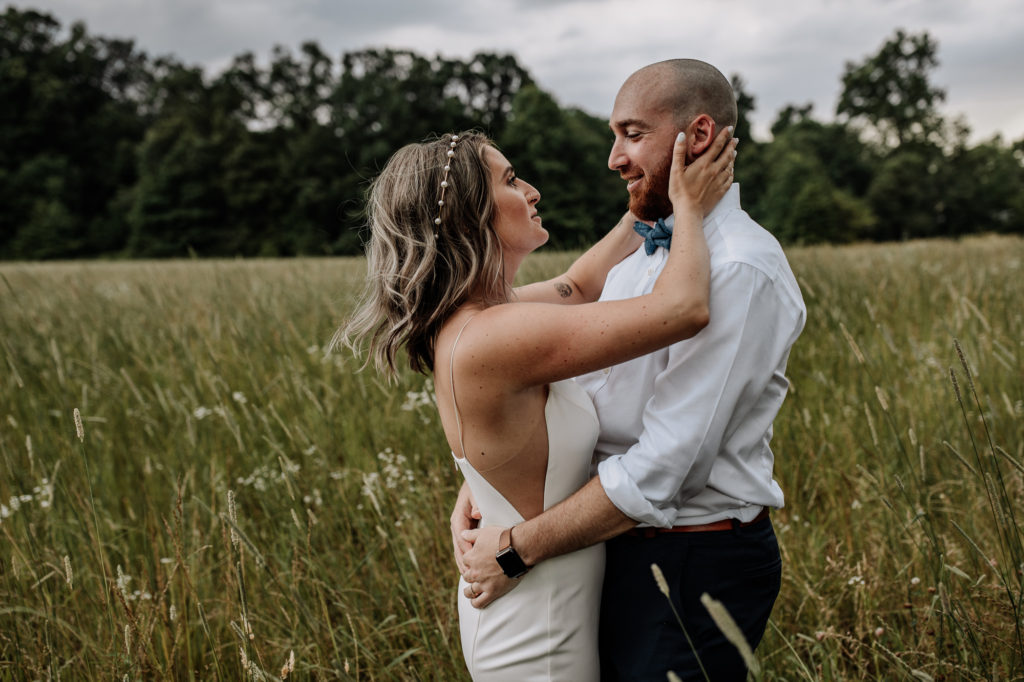
Did you know? The history of wedding photography goes back to the 1840s in a photo recreation for the camera of the wedding of Queen Victoria to Prince Albert. From humble beginnings where wedding photography was mostly a reason to show up in fancy attire to a photo studio for some formal portraits and through the many evolutions to what it is now, wedding photography has always been a valued service.
Today, with the prevalence of cameras and photography in our day to day life – wedding photographers are more in demand than ever!
While there are often misconceptions of what wedding photographers actually do – often by older generations who just see these photographers as people who “take pictures” – the reality is far more nuanced.
As an art form, wedding photography provides a range of interesting subjects. We were initially drawn into it because of having the opportunity to depict couples in love. We document wedding days from start to finish, showcasing the story of the day and telling it with style.
As an actual career – most wedding photographers start their own businesses. It’s an entrepreneurial spirit that enables photographers to have a career of their making, and it’s a vastly different lifestyle than most jobs out there.
Our Wedding Photography Journey – In Summary
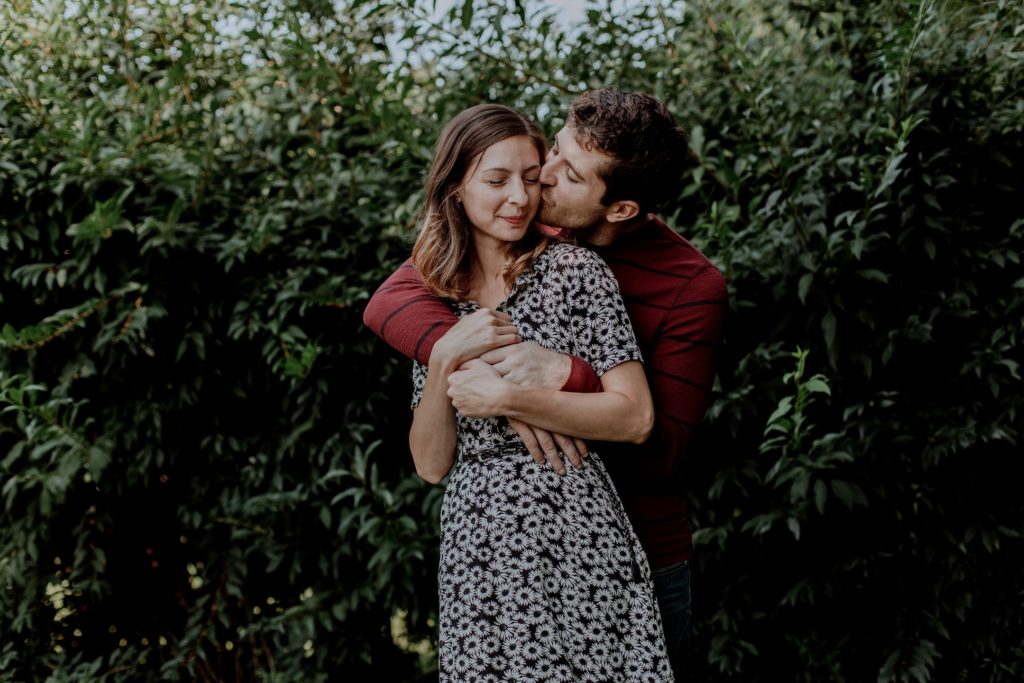
Making wedding photography an actual “career” is something that has been a journey for us.
We started our photography business (Hand & Arrow Photography) in January 2017 and have worked extremely hard to get where we are today.
If your goal is to become a professional wedding photographer, you will need to be 100% committed.
There will be hard times.
You will get tired and worn out.
You will make mistakes.
If you stick with it, though, everything will work out and you will be better for it.
While we had to spend a lot of money early on, we’ve made it all back and then some.
While we’ve pulled long days of working, we’ve been able to trade it off for more time off down the line.
As wedding photographers, we’ve taken control of our lives. We live how we want to live – not subject to the control of anyone else. This has been the most rewarding thing we’ve done!!
Is Wedding Photography Stressful?
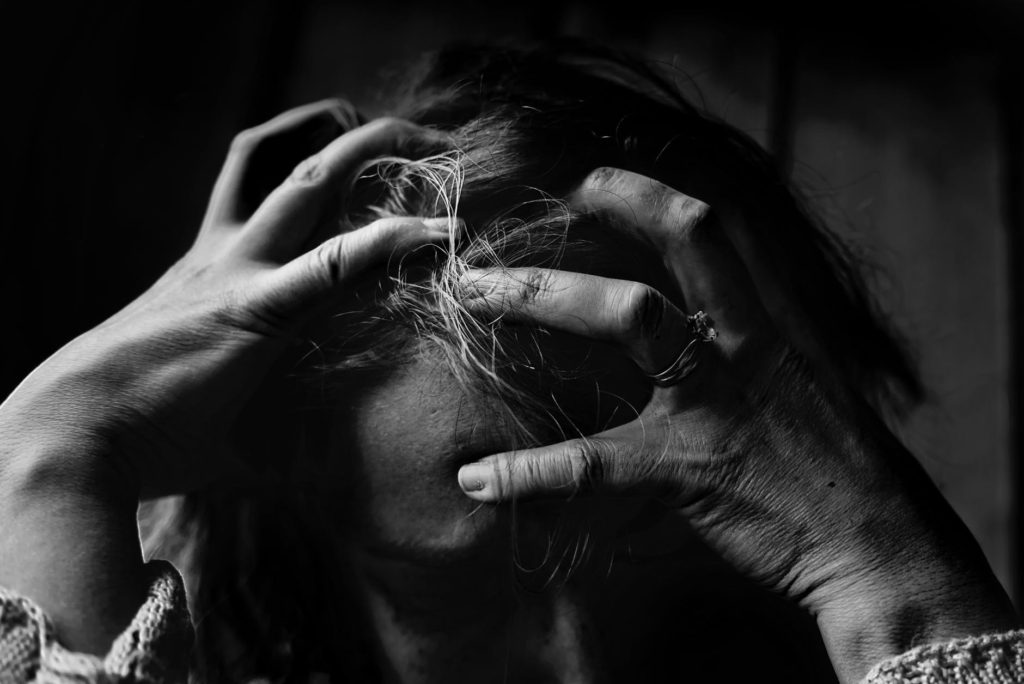
Wedding photography is stressful – at times.
It’s really like any customer oriented job in this way, though!
There will be some weddings that are super easy. Sometimes we get anxious just because things are going so smoothly, and our couple is so relaxed about everything.
And there will be other weddings that are really hectic. A lot of times this comes down to the scheduling of events – not leaving a lot of buffer room in the mix. This can be helped by pre-planning and creating a wedding photography timeline, but sometimes it’s unavoidable.
In our experience, the feeling of stress has generally subsided as we’ve become more experienced. We know to always plan as much as possible but to always expect the unexpected.
If you can learn to handle stress with stride, your experience of it during a wedding day will not be so bad at all!
Can You Make Good Money as a Wedding Photographer?

As a post about talking wedding photography and turning it into a career, we’d be wrong to not talk about the financial situation just a little bit.
We wrote a post about how much you should expect to charge as a first time wedding photographer. You should definitely check it out – but to summarize – we’d say in the ballpark of free (0$) to 1,000$ depending on your skill level, market, and other factors. That isn’t enough to live on for sure – but it’s good to know that when starting off, this is what you can expect.
As you grow your business, get new clients, create a beautiful portfolio – you will want to start raising your prices. In the past 2+ years, we’ve raised our prices as we’ve become more in demand. In our market area, we are in a sweet spot now – charging on average $3,600 for an 8 hour wedding day. In 2019, we have 26 weddings booked – you can do the math.
Of course, we’re just one photography business. To make things more interesting, we checked out 50 wedding photographers to find out the average price. If you’re more the hard facts type of person, check out that post!!
Ultimately – the best wedding photographers will also be capable business men and women.
Some resources we wrote to help people get their wedding photo service pricing to where it needs to be:
- Beginner’s Guide: How to Set Win-Win Photography Service Prices
- How To Become a Successful Wedding Photographer – 10 Steps for Victory
- How To Start a Career in Photography – Advice From a Pro & Action Plan to Make It Happen
- The Wedding Photography Booking Process in 10 Steps (+ Helpful Tips to Secure More Clients!)
- How to Survive the Slow Season as a Wedding Photographer
- The Wedding Photography Business Starter Guide
Also – now is as good a time as any, but one product we really LOVE that can help you get your photography business up and running successfully quickly is Signature Edit’s Photography Marketing School. We wrote a huge write up about this – it is (literally) crazy how useful this is.
How to Learn Wedding Photography
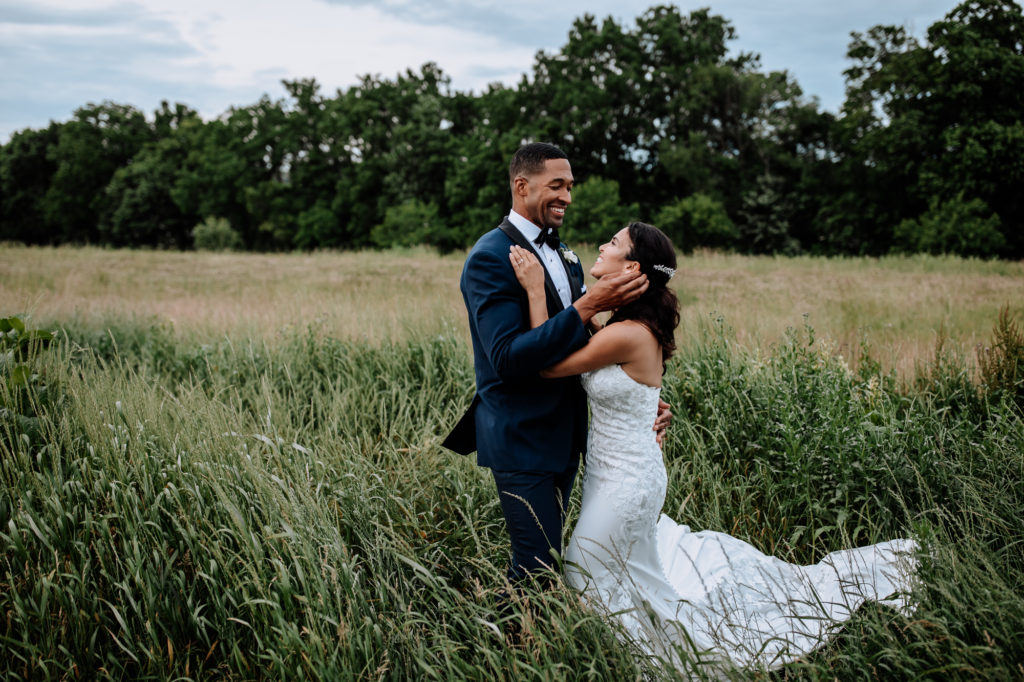
Learning wedding photography can be broken down into two simple phases:
1). Preparation
2). Experience
Preparation for Wedding Photography
Being prepared for wedding photography requires just a few things:
- Be properly educated
- Have the right photography gear
- Do the prep work for each wedding
Education Options
While you might benefit from a formal college education in photography or business, neither of these are actually necessities in any way to become a wedding photographer.
The way we learned how to become wedding photographers was through a mixture of self-education by using online courses, watching videos, and reading posts (like this one!). There were also quite a few books that we dug into as we explored. All of this formed the “base” of our understanding, and we built on this by networking with other photographers and getting hands on experience doing the job.
Some excellent resources for beginner wedding photographers are:
- Wedding Photography: Complete Guide to Wedding Photography (Online Course – Udemy)
- Wedding Storyteller, Volume 1: Elevating the Approach to Photographing Wedding Stories (Book – Amazon)
- Wedding Storyteller, Volume 2: Wedding Case Studies and Workflow (Book – Amazon)
- Photography Marketing School Unlimited (Membership with Courses, Templates, Presets, and More – Signature Edits)
The “Right” Photography Gear
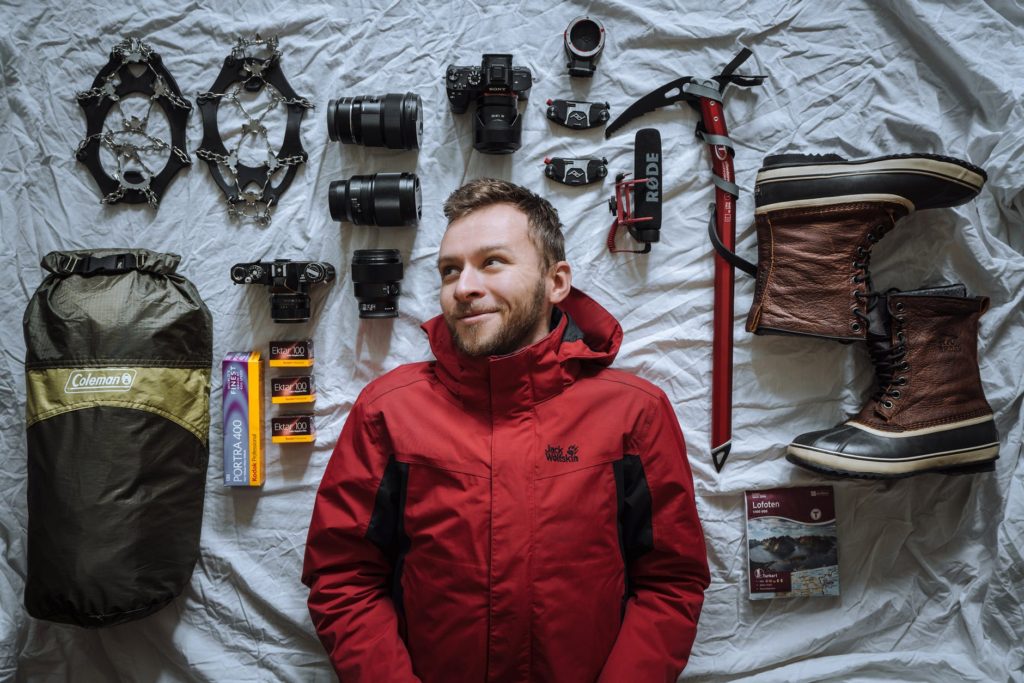
It’s impossible to separate photography equipment from a photographer. These two things go together like peanut butter & jelly!
We’d argue that most camera gear can be used for weddings – but the professional level equipment is meant for professionals for a reason.
It’s very similar to other industries – really. Take general contractors who might have a job that requires them to use a saw. Sure, they could use a hand saw, but that thing is draining to use, takes times, and the cuts aren’t always the smoothest. The regular ol’ saw isn’t a bad tool, but there are better ones out there – queue even a simple electric saw to help simplify the process.
Of course – we all know camera gear, like saws, cost money. The best gear tends to cost more money, while introductory gear designed for consumers, hobbyists, and beginners is much more affordable.
As wedding photographers, we learned there is gear for every level.
Our business didn’t grow in a week from 0$ (heck – spending our personal savings!) to $100,000/year. We started off shooting on a Canon Rebel (a cheap budget DSLR camera) with it’s kit lens. When we started to get more serious, we upgraded our camera body to a Canon 5D Mark III (read our review). As we started to grow our business (ie: make more money, get more clients), we needed the best gear available to create the best work possible – this meant spending a lot to get the best stuff out there (Canon 5D Mark IV’s + countless lenses, flash equipment, and so on).
We say all this to illustrate a simple point – you don’t need to start on high end gear. If you can afford it, go for it – but your starter prices are not going to be high enough to support dropping $4,000 on a new camera. Buy things as you become more serious and confident in your desire to have a career in wedding photography.
Now – with that said and done – if you need some advice on what gear to pick up, we’ve created a lot of great content in our Recommended Gear section talking about the things we use and love. You can also check out our Wedding Photography Gear Checklist for more inspiration.
Wedding Day Preparation
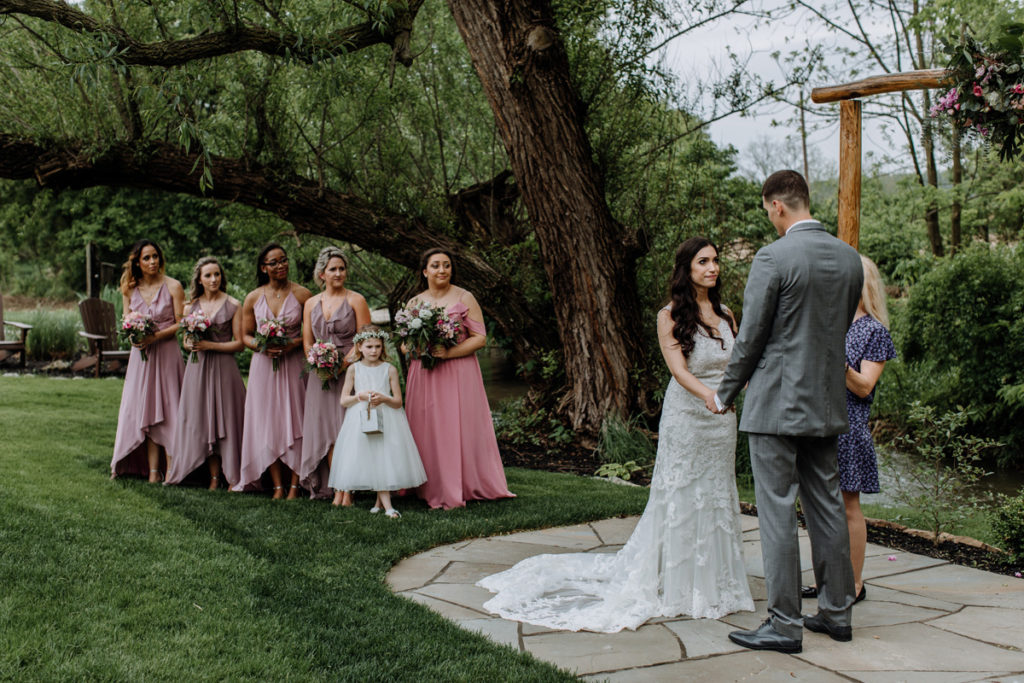
Whether it’s your 1st gig or your 50th, there is a lot of preparation that goes into giving your clients a successful gallery of wedding photos.
At the start of our wedding photography careers, we actually got to know other photographers in our area who needed help. By tagging along with them to weddings as an assistant and second shooter, we got to get a real sense of what shooting a wedding would be like. We experienced the ups and downs, the stress and fun, and got to see someone who was already skilled at it take charge and get the best shots.
We highly recommend you take the same approach – even if you just shadow a wedding photographer for one or two weddings. All the reading in the world will never compare to the real life experience.
In addition to prepping in this way, we also do prep work before every wedding we photograph (even today!). This includes putting together a solid wedding photography schedule – laying out the days events with photographic work in mind.
We also make sure all of our gear is cleaned, packed, and ready to go in advance to eliminate any last minute missing equipment. You should do the same!
Getting Wedding Photography Experience
Starting a career in photography begins with getting experience.
When we were younger and in college pursuing degrees in Psychology and Graphic Design, a big part of our curriculum was to have internships – which gave us hands on experience in those fields.
As you can see…we went a different direction in our lives…but we digress…
If you want to become a wedding photographer, getting your “intern” experience is going to help you so much. We touched on this in the section above, but now want to expound on it more to show you a few ways in which you can get experience that provides a tangible benefit.
Assisting/Second Shooting
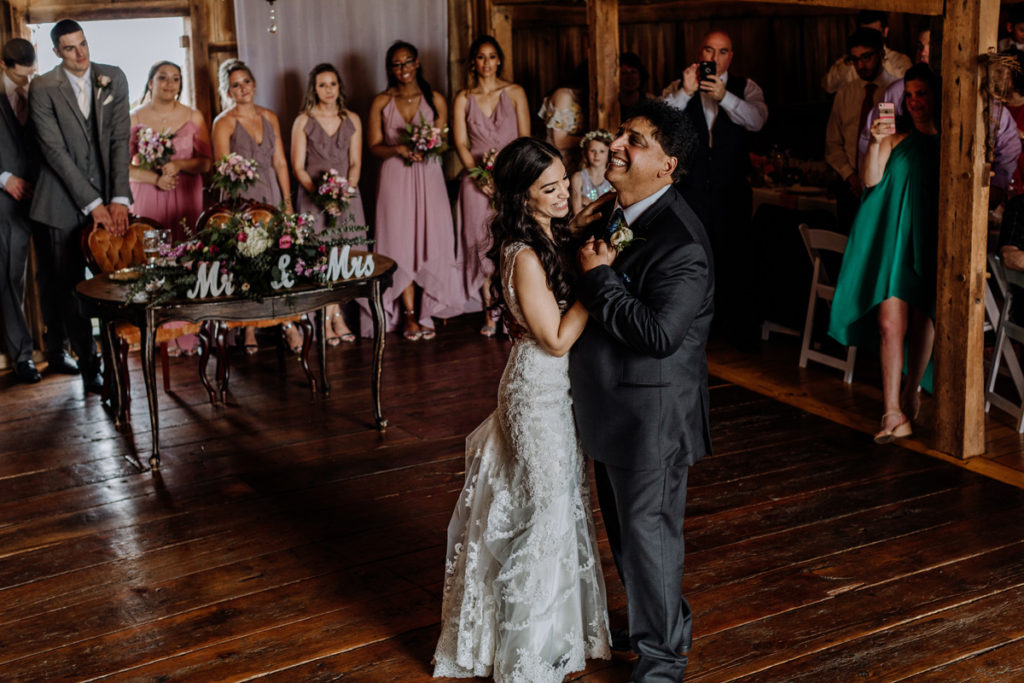
This is the closest you will come to having a wedding photography internship.
Many solo wedding photographers are reliant on having the support of other people – sometimes those they just find through an online network like Instagram or a Facebook group. Offering this help is the easiest way to get in the door and some wedding experience under your belt – without having to take on the full responsibility of showing up to a wedding and photographing like you know exactly what you need to do.
The earliest weddings we photographed were as a second shooter. We would get to see the pro photographer at work, and go off on our own to take shots as needed. While we don’t really need to do any second shooting gigs these days as we are plenty busy – they were a must in our early stages.
How can you get a second shooting gig? As we mentioned, reaching out to photographers online who may need help is a good place to start. The biggest piece of advice we can offer, though, is to approach the topic with their benefit in mind. Show them how having you around will benefit them, and you’ll be more likely to land a gig.
Styled Shoots
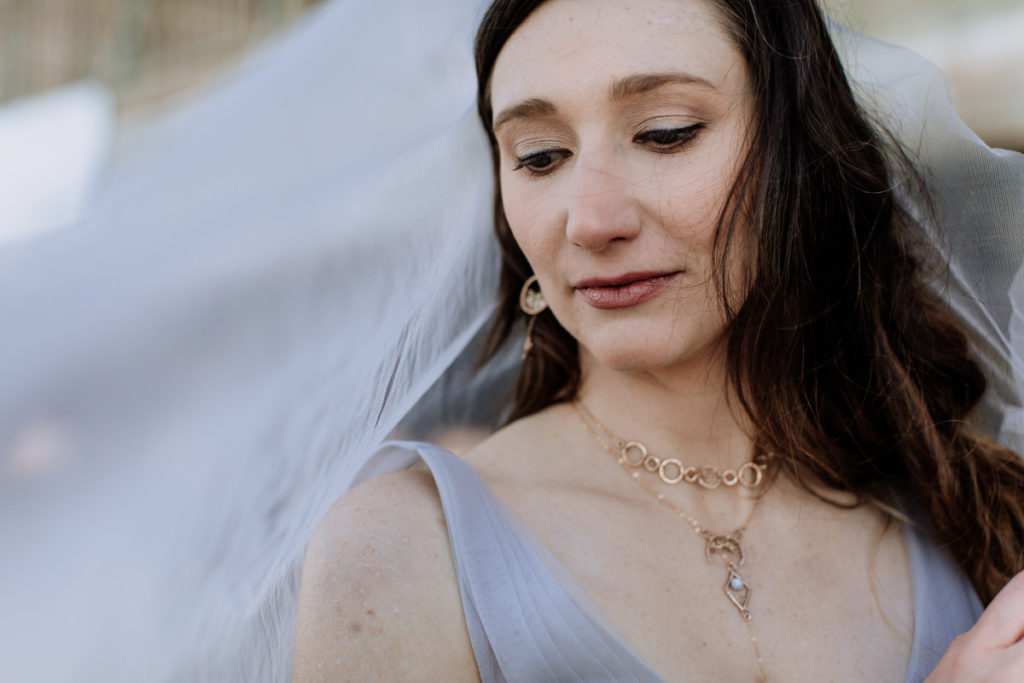
Styled shoots are a valuable and fun part about being a wedding photographer.
We mentioned earlier that we have 26 weddings this year alone. Add to this countless engagement sessions and other shoots we slot in – and we hardly have any time for ourselves. About 95% of the time we’re behind a camera, we’re being paid by someone to do it. This is the nature of having a career in photography, and we’re okay with it – but sometimes it’s nice to flex our creative muscles without having the stress of needing to create images for someone.
Styled shoots are a great way for you to get exposure to photographing a real life couple in a, basically, fantasy environment. They are low stress, and by design meant to help you hone your skills and build a wedding photography portfolio.
As you look to gain experience in wedding photography, we highly recommend participating in some – or hosting your own. You can learn things like how to pose a bride & groom and portrait composition and, in more elaborate shoots, how to photograph details of dinnerware and other things.
Related: Signature Edit’s Candid Couples Posing Guide
8 Wedding Photographer Requirements – the PPPWSPWW
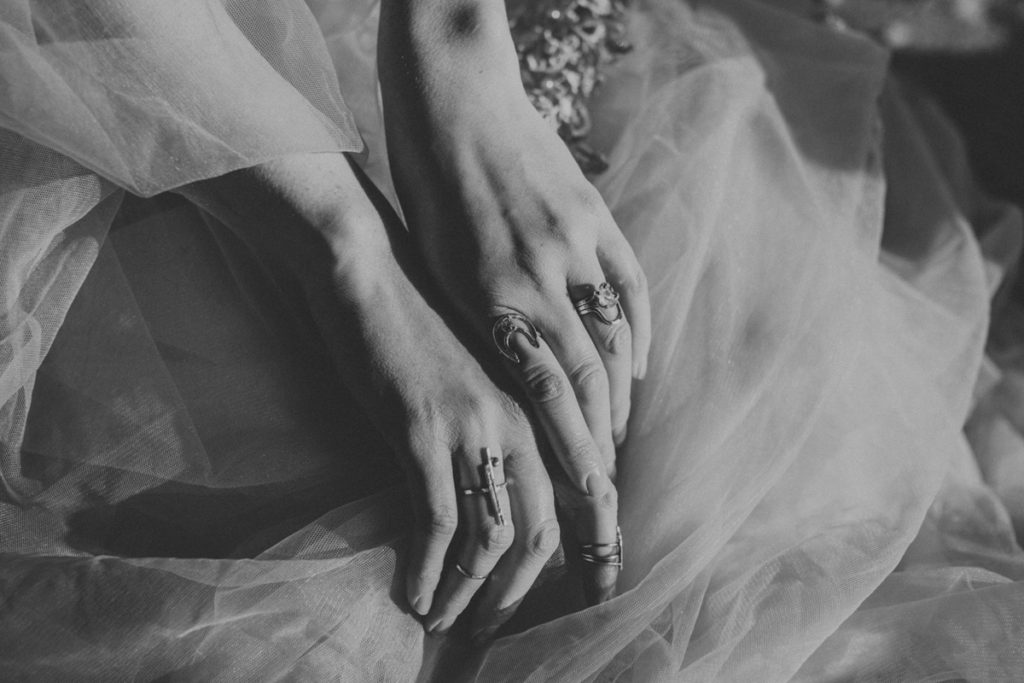
By now you should have a good sense of the things you need to do to start becoming a wedding photographer. For this section, we want to showcase some of the “requirements” (as we see them) for a person wanting to become a wedding photographer themselves.
We came up with 9 specific things and turned it into the PPPWSPWW – a ridiculous acronym that proves we’re not paying someone marketing dollars to write this stuff.
Professionalism
With so many people trying to be wedding photographers, the one common mistake we see over and over again is people thinking they can just wing it and get rewarded. While this sort of approach might work from time to time – in the long term, what the industry needs is more professionals.
In fact – the most successful wedding photographers learn how to be professionals very quickly.
Being a professional photographer means charging money to take pictures – but there is more to it. It’s in the way you behave. As an artistic industry, you have the ability to define how you look, what you will and will not do, and so on – but at it’s core you need to remember, you’re going to a wedding to photograph people on the most important day of their lives. Bringing respect for this experience, for your paying clients, for your newfound friends in all the things you do is a great way to get a good reputation in the industry.
Your reputation will define your career in the long run.
Positive Outlook
Positive vibes, anyone?
Look – being real for a minute, wedding photography is a hard industry to get into. We like to talk about our successes because those are the fun things to talk about. But, we’ve made many mistakes, have been frustrated to no end, and been placed in difficult and challenging situations that we wouldn’t have expected (drunk people say mean things sometimes…).
Maintaining a positive outlook is the only way through all of the nonsense. Sure, it’s okay to get upset, angry, frustrated, flustered, anxious, sad…but learning how to let these things pass and move on in the direction you really want to go is the key.
In a lot of ways, this is a really personal thing that will impact your career – no matter where you choose to take it.
People Skills
Wedding photographers work in a customer driven industry.
Back in the day, we worked in retail, restaurants, and other customer facing roles – and what we do now is very similar in many ways. The end goal is to make our clients happy – and to give them a good experience as well.
Learning how to work with people takes time, but it is essential for wedding photographers. While we sometimes wished all we had to do was show up and take pictures, the reality is far more complex. We’re often a sounding board for frustrated brides (and their parents), we often have to navigate family dynamics that are difficult (like how to photograph mom-and-dad who are divorced and hate each other?), and other things.
If you don’t feel fully equipped for all of these situations yet, don’t worry! Sometimes the best way to learn is through experience, but it’s important to remember that this is a part of the job, too. Maybe not in the job description, but trust us – it’s there!
Work Ethic
Wedding photographers have a lot of work to do in order to become successful.
For 2 years, we both worked full time day jobs in addition to running our growing photography business. At some points, we never had a day off and would work upwards of 100 hours a week – once or twice even falling asleep in front of our computer screen while we were editing photos.
It’s not a competition of who works more, but you will need to have a solid work ethic to be successful here.
If all we did was take pictures, this job would be easy.
But – it’s all the other things that take up most of our time and require a lot of determination. Answering emails, going to meetings with prospective clients, editing photos, handling our bookkeeping, filing our taxes – these are just a few of the things that we have to constantly be working at to stay in the game.
Skill
Your skill as a photographer will be challenged when you decide to shoot weddings.
We would argue that it is one of the most complex niches to photograph considering you will be taking pictures of just about everything in a wide variety of environments. Often when we think of wedding photos, we think of portraits of the bride & groom – but so often we are stuck with, maybe, 30 minutes for these types of shots. What happens during the rest of the day?
Effectively capturing a ceremony in a dimly lit church, dancing during a reception, candid moments during cocktail hour, family portraits, details of the wedding dress, venue, flower arrangements, rings and so on – all add up to a highly specialized area of photographic expertise.
When you just start off, it’ll be expected that you don’t entirely know what you are doing. You should make efforts to learn as much as you can about the technical side of operating a camera – but some of the skills of wedding photography do come from experience, too. Checking out our 101 Digital Photography Tips Guide is a great starting point!
Oh – and yes – you will need skills in other areas too! Actual skill with a camera is just one piece of the puzzle. Learning how to book a client from start to finish is also a skill. Figuring out how to hang a dress in a without a hanger is one, too.
Portfolio
A wedding photographers portfolio is one of the most important things they have going for them. It shows prospective clients past work you have done. A great portfolio will lead to inquiries for your services, and some of those will end up being paying clients that help you support your wedding photography career.
Fortunately, growing a portfolio isn’t too hard. Go and take pictures of weddings and wedding related things. Put your best images in a portfolio. Easy…right?!
Website
In the modern age, your online presence is how people will find out about your wedding photography service. While using social media platforms like Instagram and Facebook are essential, having your own custom website is hugely important. It will serve as your digital portfolio – and allows you to connect with people without even talking.
The vast majority of our inquiries come through our website’s contact form (a few others coming through direct message on social media). This shows the importance of having a website.
Workflow
Ultimately – sorting out an efficient workflow is the only way to make wedding photography a career that isn’t painful to endure.
Figuring out how much work you can handle, and how you can simplify and streamline the things you do is extremely valuable.
As an example – in the earliest stages of our business, we’d photograph a wedding, then come home and go through the images one-by-one using our computer’s Finder window. This is actually a very slow and inefficient way of doing things. While manageable, when dealing with weddings consisting of 3,000 – 4,000 images – it would end up taking a LONG time. To help us streamline this, we found a program called Photo Mechanic that allowed us to more quickly cull our images. We went from spending several hours culling to like 30 minutes. That’s a big deal!
How to Become a Successful Wedding Photographer
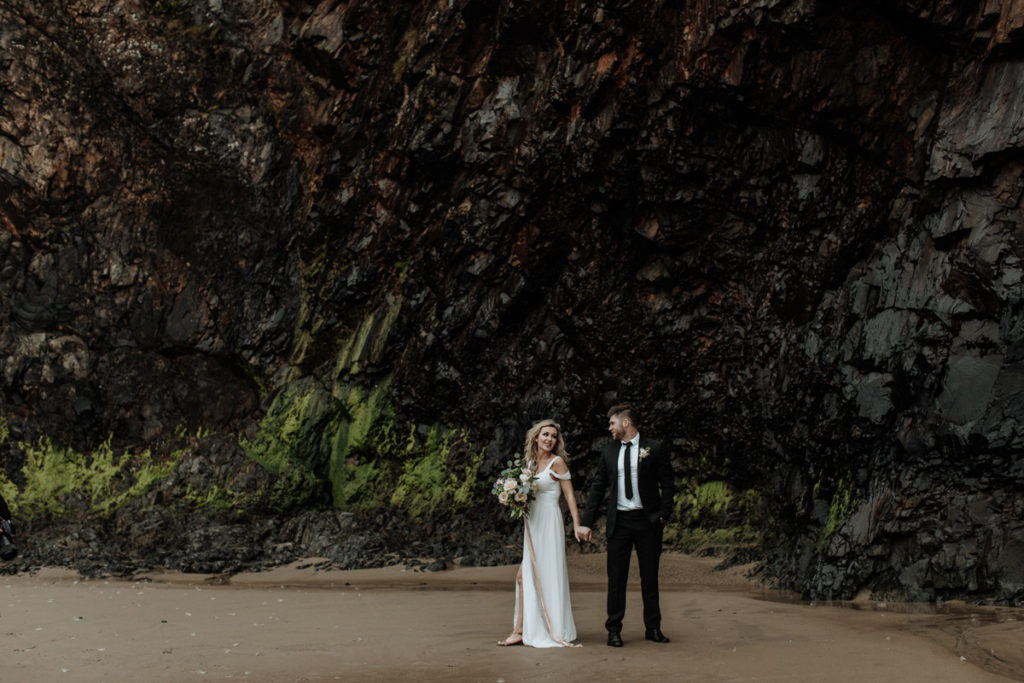
We wrote an entire post on this very topic. You can check it out here!
To wrap up this post: wedding photography is a great career path when you become successful at it.
In the early stages, it is very challenging, just like most small business start ups. It requires a lot of investments – both of time and money – and we had certainly considered quitting on a few occasions.
But – success in the wedding photography industry is a beautiful thing if this is something you are truly passionate about.
If you had asked us 5 years ago if our lives would have ended up going in this direction, we would have probably laughed at you. Photography as a career seemed like a childhood dream to us – and we both put it off in exchange for “safe bets” by going to college and getting jobs in more standard industries.
If you are wanting to pursue wedding photography as a career path, we hope this post (and our many others!) help you on your journey. If you feel like talking to someone might help you, too, drop us a line or leave a comment. We’re happy to hear from you!